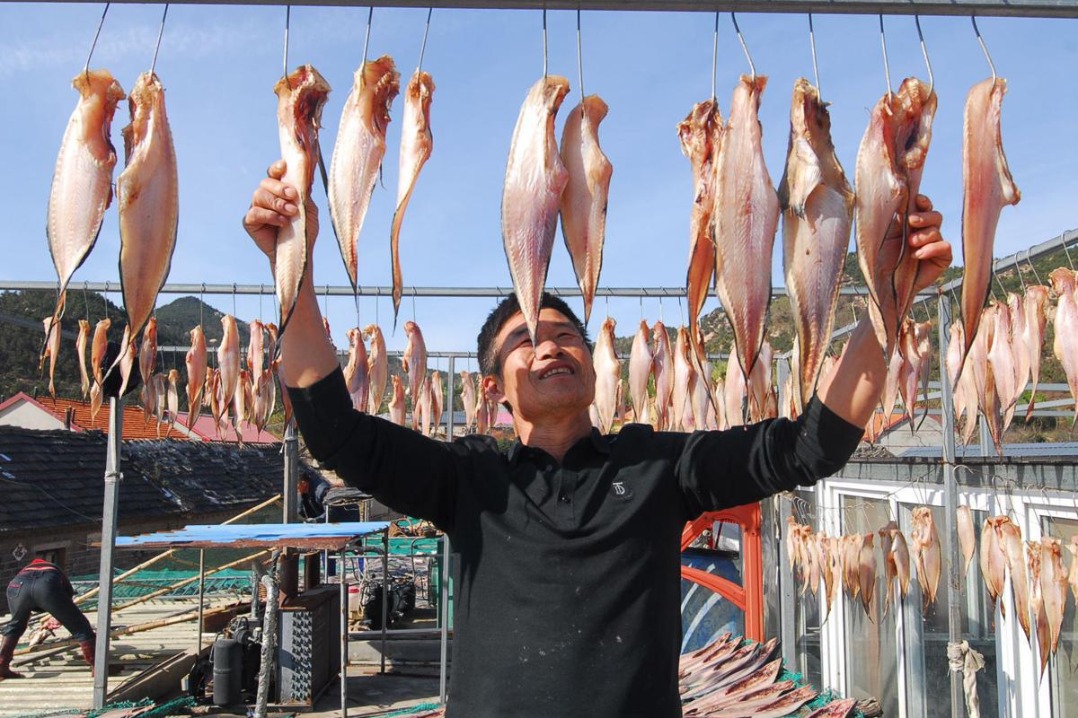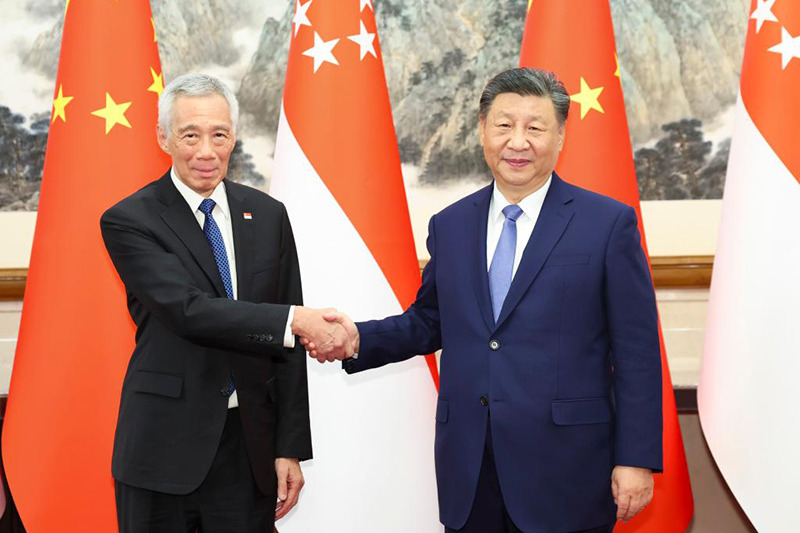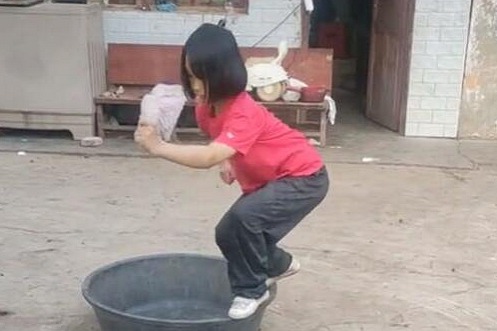Across China: Sterile mosquitoes help prevent dengue fever in South China


GUANGZHOU -- In a novel approach to combating dengue fever, the southern Chinese metropolis of Guangzhou has unleashed sterile mosquitoes as part of its defense strategy.
Guangzhou, situated in a subtropical region, experiences extended periods of hot and wet weather, creating an ideal environment for dengue fever transmission. The city welcomed autumn on Nov 18 this year, concluding a lengthy summer that spanned 240 days.
From April to November each year, millions of "edited" mosquitoes are released in Xiashi village to tackle what is a serious infectious disease. These are male Aedes albopictus mosquitoes, infected with Wolbachia bacteria, thereby rendering them sterile.
Qian Wei, a researcher from the Chinese team which first adopted the use of such mosquitoes to control the mosquito population, explained that dengue fever is primarily transmitted through Aedes mosquito bites.
Traditional disinfection methods target adult mosquitoes, larvae and pupae, but mosquito eggs can remain dormant in breeding sites for extended periods, making them challenging to eliminate, Qian added.
Male Aedes albopictus mosquitoes, infected with Wolbachia and made sterile by Qian's team, are mass-produced and screened in a mosquito factory in Guangzhou. Once released, they mate with wild female mosquitoes — resulting in eggs that fail to hatch.
Since male mosquitoes neither bite nor suck any blood, they can be released over an extended period, reducing the Aedes albopictus population and preventing the spread of dengue fever, Qian said.
Xiashi village was the inaugural trial site for this biological control method.
Zhu Jieyong, director of the village committee, said the village's proximity to hills and rivers creates favorable conditions for mosquitoes to breed, which resulted in dozens of dengue fever cases there annually in the past. In 2018, the village invited Qian's team to conduct a trial.
"We released mosquitoes once or twice a week in the village, approximately one million males at a time," Qian recalled. They primarily used drones to release the mosquitoes, and deployed mosquito traps and ovitraps in their efforts to better understand the population structure and monitor its density.
The team also monitored surrounding villages as control areas to compare and analyze the effects of releasing sterile mosquitoes. Continuous monitoring and data analysis showed a significant decrease in Aedes albopictus mosquitoes — with control rates peaking at 98 percent.
According to Zhu, since the start of these trials, the village has not needed to hire professionals to spray pesticides, thus providing a safer, healthier and more environmentally friendly living space for local residents. During the past seven years, not a single dengue fever case has been reported in the village.
Currently, Xiashi focuses on regular monitoring, and has reduced the weekly release of sterile male mosquitoes from over a million to around 300,000. "We believe that intervening and preventing in advance according to the growth patterns of mosquitoes can cut off the transmission chain of dengue fever and achieve an ideal control effect in the village," Qian said, with his comments based on years of observation efforts in this village.
- Across China: Sterile mosquitoes help prevent dengue fever in South China
- Hong Kong explores unique role in boosting China-ASEAN connectivity
- China opposes any visit by leader of Taiwan authorities to US: spokesperson
- State Council appoints, removes officials
- Delegation of mainland university students, teachers visits Taiwan cultural sites
- Supervision key to governance




































